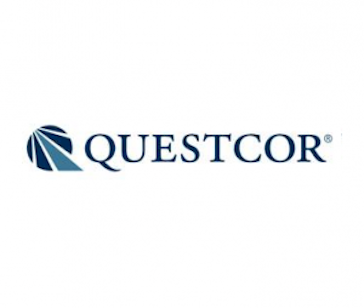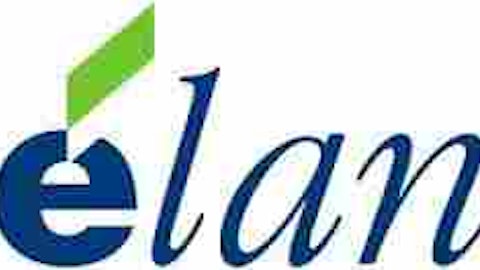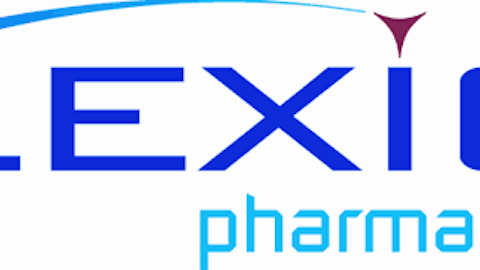Three months ago after Questcor Pharmaceuticals Inc (NASDAQ:QCOR) announced its first-quarter financial results, I asked if those results were as bad as they looked. My view at the time was that the second quarter would show whether those disappointing numbers were just a blip or something more serious.

We now know the answer. Questcor Pharmaceuticals Inc (NASDAQ:QCOR)’s second-quarter results exchanged the question mark from three months ago with an exclamation point. Here are three things investors need to know from the latest update.
1. The numbers were far better than expected.
Analysts expected Questcor Pharmaceuticals Inc (NASDAQ:QCOR)’s second-quarter earnings to come in around $1.00 per share. The most pessimistic view of analysts polled by Thomson Reuters was for earnings of $0.76 per share, while the most optimistic estimate was $1.18 per share. They were all off the mark.
Questcor Pharmaceuticals Inc (NASDAQ:QCOR) reported non-GAAP quarterly earnings of $1.35 per diluted share, well above even the rosiest projection. Earnings nearly doubled the $0.69 per share from the second quarter of last year.
Even if no special items were factored into the equation, Questcor Pharmaceuticals Inc (NASDAQ:QCOR) still beat expectations. GAAP earnings per share were $1.12 per share. That’s a whopping 72% jump year over year.
What about revenue? The average analysts’ estimate was for revenue to come in just shy of $169 million. Questcor Pharmaceuticals Inc (NASDAQ:QCOR)’s actual sales for the quarter totaled $184.6 million — up 64% from the same period in 2012.
2. Practice does seem to make perfect — or at least close to it.
Questcor’s approach with Acthar hasn’t changed much. The company first identifies a target indication for the gel. It educates the medical community about how Acthar can help. It works hard to help secure reimbursement. And sales grow.
This approach worked extremely well with multiple sclerosis, infantile spasms, and nephrotic syndrome. Add rheumatology to the mix, too.
CEO Don Bailey said that during the second quarter that more than 300 prescriptions were generated for Acthar by rheumatologists. That’s the best launch for a new therapeutic area the company has ever had, according to Bailey.
Rheumatology now represents the fastest-growing area for Acthar, but that doesn’t mean the other targeted indications are slowing down. Paid prescriptions for nephrotic syndrome, which accounts for nearly 40% of total Acthar business, jumped 19% year over year. Multiple sclerosis prescriptions, which make up more than 25% of the total, climbed 12% compared to the second quarter of last year. Prescriptions for infantile spasms also increased 27%.





